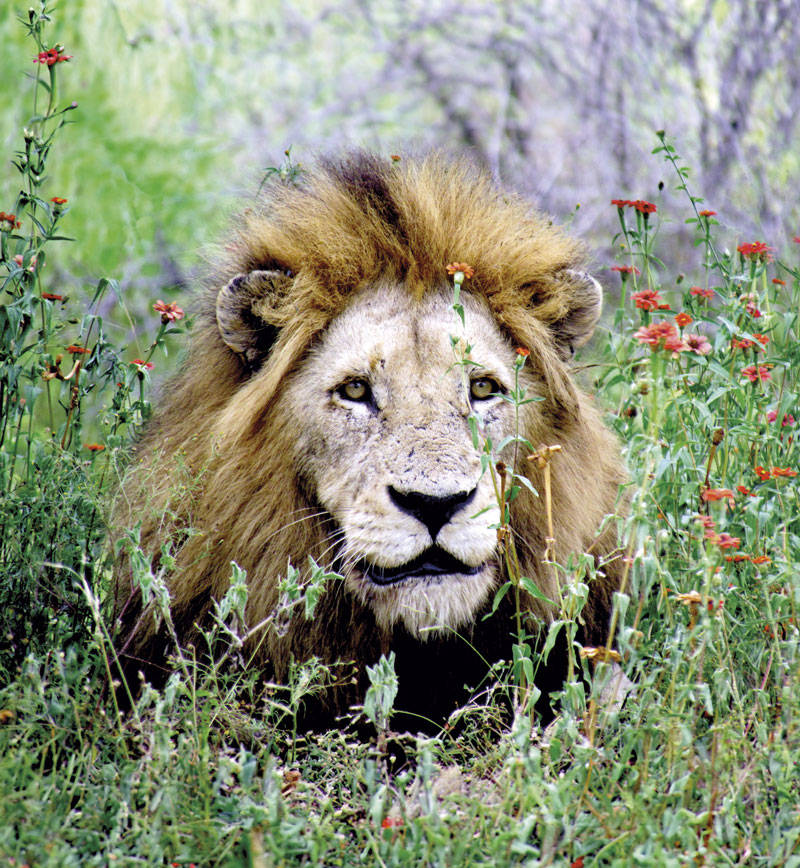
David Berkowi / Wikimedia Commons Lion in a South African national park, seen during a safariDavid Berkowi / Wikimedia Commons
To encourage public investment in environmental conservation and ecotourism, the School of Wildlife Conservation at the African Leadership University (ALU) has created Africa’s first Wildlife Economy Investment Index (WEII). Based on 280 indicators from 34 datasets, the WEII assesses wildlife management practices, ease of doing business, public sector capacity, and investment safety across the continent’s 54 countries. The highest rated were South Africa, with an overall score of 63.12 out of 100, followed by the Seychelles (62.84) and Mauritius (58.66), while Somalia had the lowest score (22.19). Tanzania led in species richness with 43.94 points, Morocco was top for wildlife management (74.92), Mauritius had the best score in ease of doing business (74.6), and the Seychelles scored highest in public sector capacity (79.46). “By viewing wildlife as an asset for sustainable economic development that deserves investment and conservation, African governments can tap into vast opportunities in employment and eco-businesses,” ALU director Veda Sunassee told Nature Africa. Economic activities linked to wildlife represent a market worth US$250 billion per year in Africa (WEII, November 20, 2023; Nature Africa, January 26).
Republish